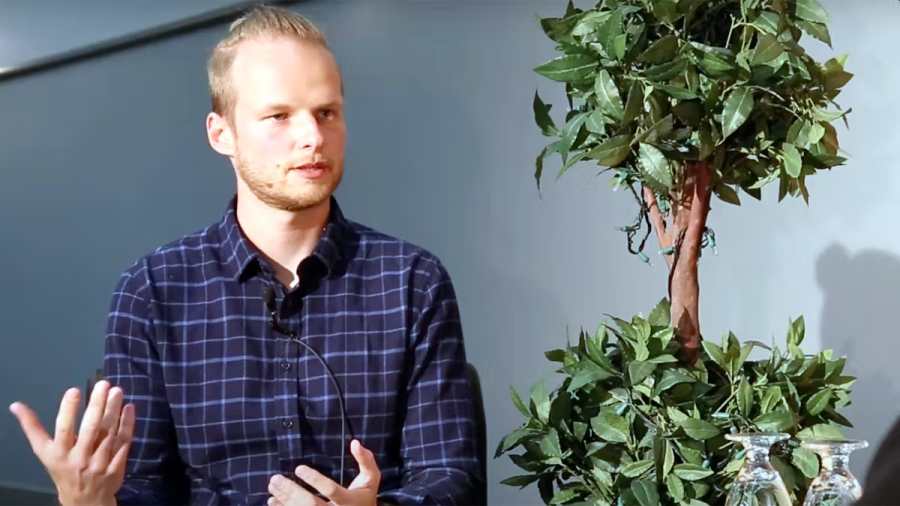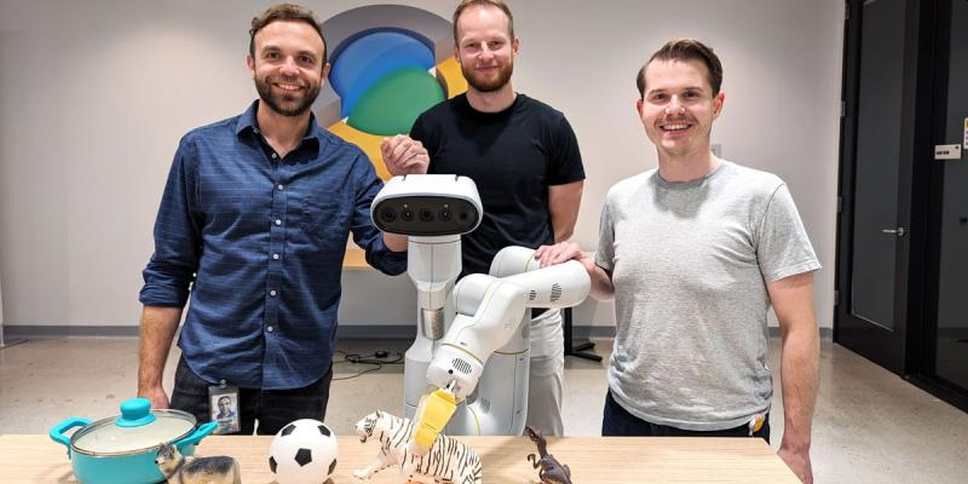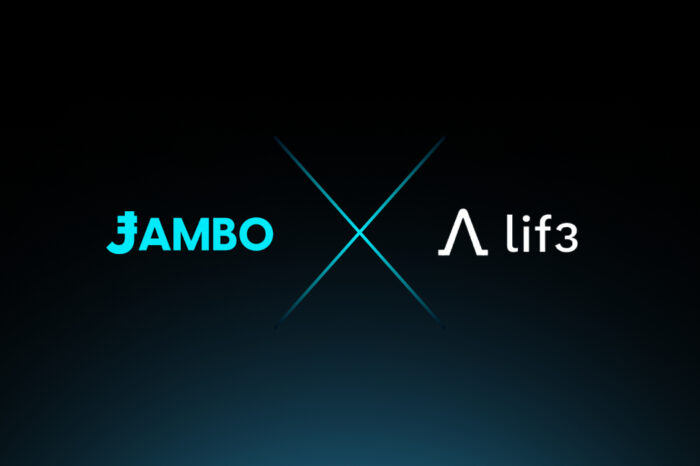Robotics AI startup Physical Intelligence raises $400M from Jeff Bezos and OpenAI, now at $2.4 billion valuation

Robotics AI startup Physical Intelligence has raised $400 million in new funding from high-profile investors including Jeff Bezos, OpenAI, Thrive Capital, and Lux Capital, CNBC reported on Monday.
This latest round pushes the San Francisco-based company’s valuation to $2.4 billion, following reports just two weeks ago of an initial $300 million raise at around $2 billion in valuation. Other backers listed on the company’s website include Bond Capital, Khosla Ventures, and Sequoia Capital.
This new valuation is a considerable leap from the $70 million seed round raised in March, which valued the company at $400 million. Physical Intelligence’s team includes alumni from Tesla, Google DeepMind, and X, bringing a wealth of expertise to its ambitious AI and robotics goals.
Although still in the early stages, Physical Intelligence is developing software to enable robots to operate across various industries. The company is expanding its team and expects to reveal more details about its projects soon.
Founded this year by robotics and AI experts Karol Hausman (CEO), Adnan Esmail, Brian Ichter, and Sergey Levine, Physical Intelligence is building foundational AI models and algorithms aimed at powering a diverse range of robots and physical devices. According to the company’s blog post, the startup’s mission is to bridge general-purpose AI with real-world applications.
The company has spent the past eight months creating a “general-purpose” AI model for robotics, which it described in a recent blog post as an initial step toward artificial general intelligence (AGI). AGI refers to AI systems capable of performing a wide array of tasks with human-level intellect.
Physical Intelligence envisions a future where users can instruct robots to complete various tasks in much the same way they interact with large language models (LLMs) and chatbot assistants today. Their tech is being tested in scenarios like laundry folding, table bussing, and box assembly.
The startup, which emerged from stealth mode in March, secured its initial $70 million seed funding led by Thrive Capital, with contributions from Khosla Ventures, Lux Capital, OpenAI, and Sequoia Capital. This backing underscores the belief in Physical Intelligence’s vision of a universal model enabling robots to tackle tasks across multiple industries.
CEO Karol Hausman, formerly at Google, outlined the company’s ambitions: “We want to create a universal model that powers any robot or physical device, for any application.”
Physical Intelligence’s approach combines insights from language models with techniques for machine control, using vast datasets and algorithmic advancements to address longstanding challenges in robotics. The founding team brings a rich blend of academic and industry experience, featuring UC Berkeley professor Sergey Levine, Stanford’s Chelsea Finn, ex-Google scientist Brian Ichter, and tech investor Lachy Groom, formerly of Stripe.
While competitors like Tesla and Figure AI are building androids and others like Covariant are developing general-purpose robotics software, Pi aims to stand out by creating software that can work across many different types of robotic hardware.




